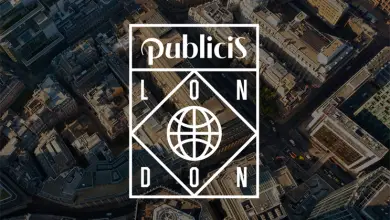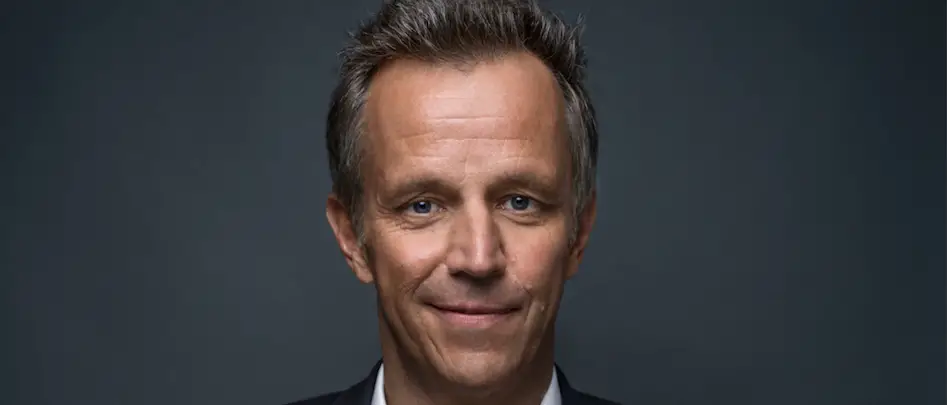Is Accenture Interactive’s purchase of Droga5 a game-changer for both parties and the industry as a whole? David Droga (below, with Accenture interactive boss Brian Whipple) says he wants to take the ad business “by the scruff of the neck,” which may be somewhat ambitious for an agency (even with Accenture’s backing) which is medium-sized in the US and still relatively small in the UK.


The deal is probably most interesting for what it says about the prospects for independent creative agencies. Are such beasts a thing of the past? Do they now need a big brother to prosper in an increasingly globalised market?
As ever there are exceptions to the rule. Wieden+Kennedy is the most obvious, with a smallish but seemingly functioning worldwide network. Germany’s Serviceplan has a big European network outside the UK. But, over the past decade or two, some creative beacons have succumbed to the big boys (of various hues.) BBH sold out to Publicis when its own network plans over-stretched and adam&eve succumbed to Omnicom’s DDB, although that may have been the plan all along.
Adam&eve founders David Golding and James Murphy are to take to their gardens in June, prior to starting up again. The original adam&eve flourished partly because, early on, it landed the likes of Halifax and John Lewis, two big UK companies that didn’t require an international agency. Can they pull the same trick off again or is some kind of tie-up already in their minds, maybe with one of the consultancies trailing in the wake of Accenture, like EY or Price Waterhouse?
Creative agencies can still bring in big money. Figures from Kingston Smith for the UK last year showed that McCann (owned by Interpublic) brought in £160m, presumably including its substantial operations in Manchester and Birmingham, while WPP’s Ogilvy, AMV BBDO and adam&eveDDB were all around £100m.
For all this, fees are still being reduced. A creative director at one of the biggies told me the other week that whereas agency of record annual fees on a big account could be £6m or so a few years back now £1.5m was more like it. This is a big drop and reflects the switch of many clients to project work. which makes the roller-coaster business of running a creative agency (with seemingly constant account reviews) even more hairy.
In theory a big brother owner should make it easier to ride out peaks and troughs. But that’s not how the ad holding companies operate in practice. Earlier this week newly-merged Wunderman Thomson won Duracell’s global creative account outside the US, handled out of London. But then we read in Agency Spy that Wunderman Thomson is making 20 or so people redundant in New York. So even in a big ad holding company you’re just as likely to be a trough as a peak.
How will Accenture react if, say, Droga or Karmarama hit a bad patch?
And, as well as introducing some financial stability (maybe), how will it weld its sweet shop of creative goodies into a credible global offer? Will its consultants do that?
So as many questions as answers from Accenture’s move for Droga5. But it does create an interesting option for the creative agency world’s embattled stock of talent.









